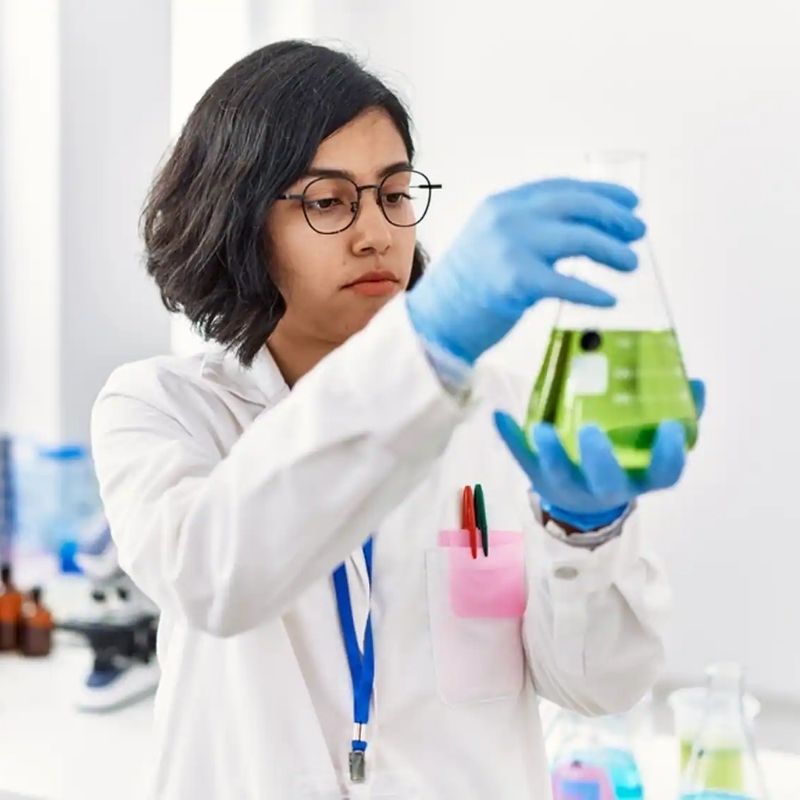Pharm.D
Pharm.D (Doctor of Pharmacy) is a six-year professional program that combines clinical pharmacy education with practical training to prepare students for patient-centered pharmaceutical care and healthcare services.

Pharm.D, or Doctor of Pharmacy, is a professional doctoral program aimed at producing highly skilled pharmacists capable of providing pharmaceutical care in various healthcare settings. The six-year course includes five years of academic study and one year of internship/residency in a hospital setting, where students gain hands-on experience. The curriculum covers pharmacology, clinical pharmacy, medicinal chemistry, and therapeutics, equipping graduates with the skills needed to optimize drug therapy, manage medication, and ensure patient safety.
Key Highlights of the Program:
The Pharm.D curriculum is structured over six years, with five years of academic coursework and one year of clinical internship. The subjects are designed to provide a mix of theoretical knowledge and practical skills.
Core Subjects:
Internship Year (6th Year):
Electives and Specializations (optional):
To enroll in the Pharm.D program, candidates must meet the following criteria: